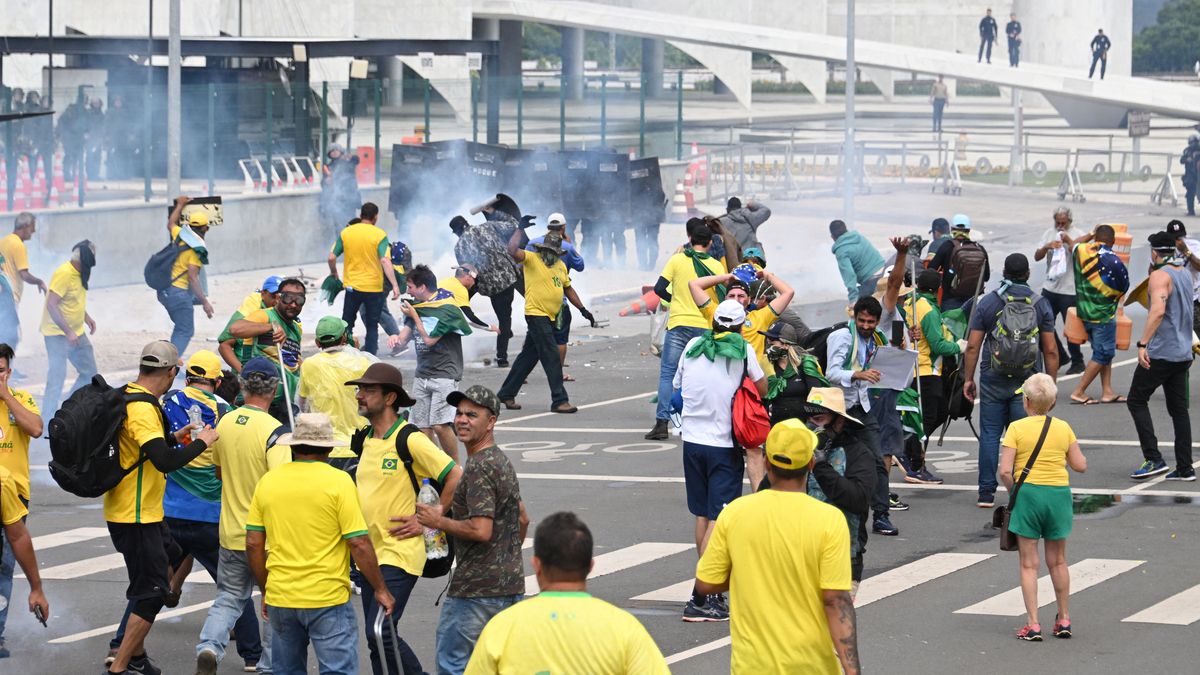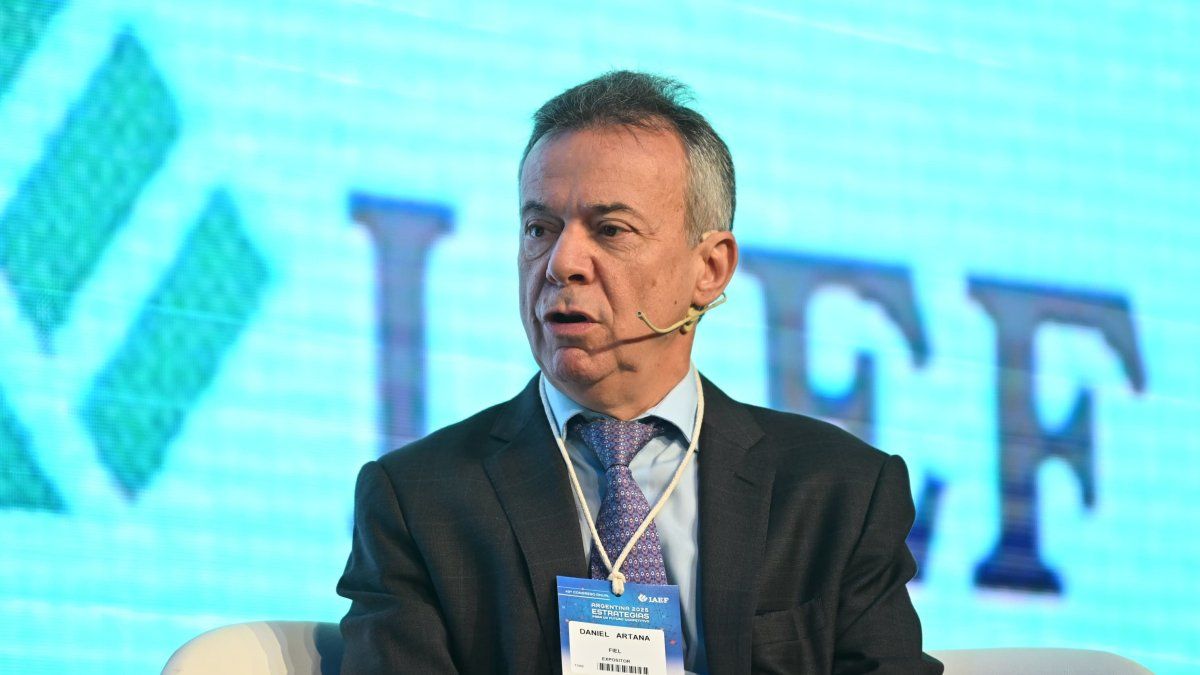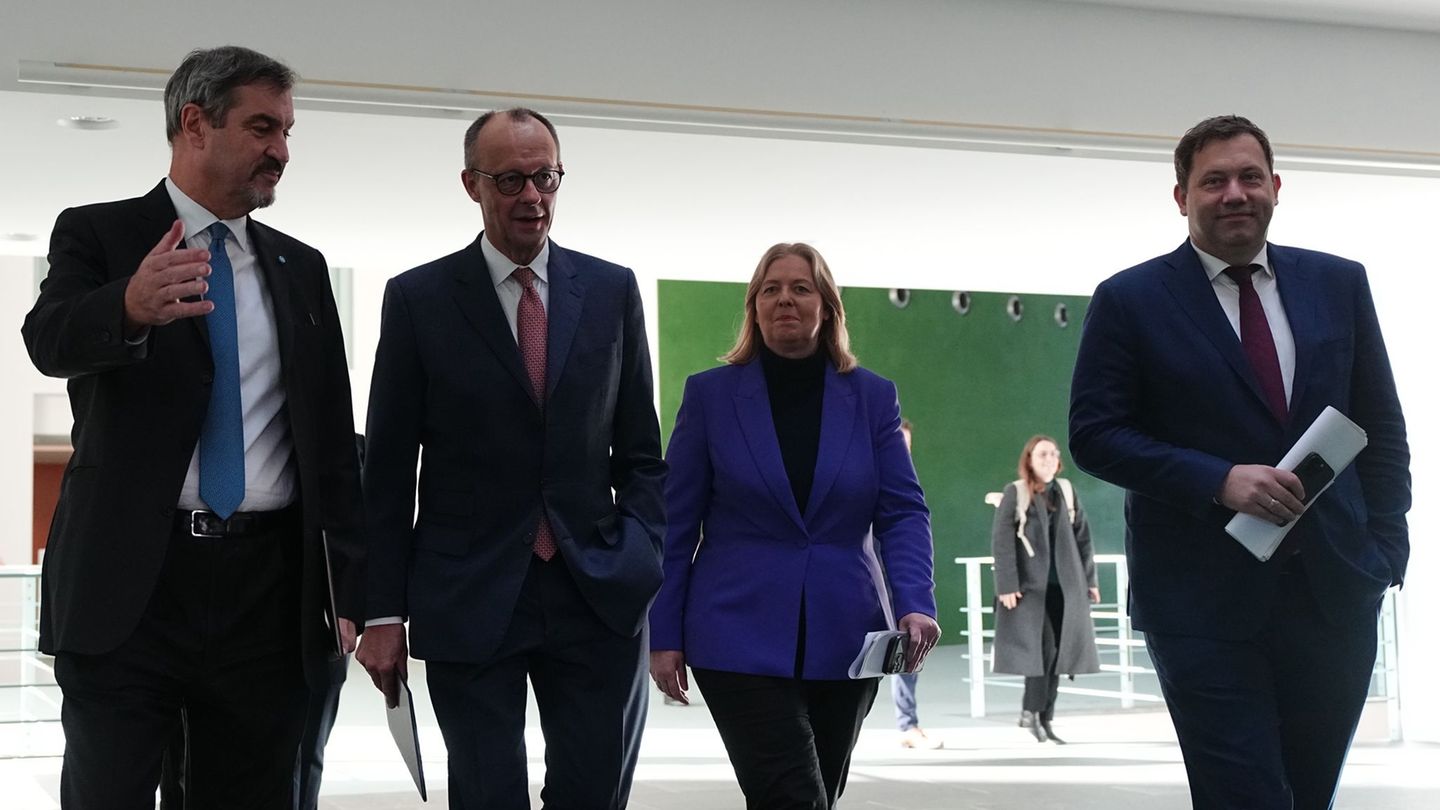The argument of the two situations is traced: the defeats of Trump and Jair Bolsonaro were -it is said- the product of electoral fraud mounted by the respective establishments judicial, media and political for the benefit of “the left” or even “communism” incarnated, for Joe Biden and Lula da Silva. However, while in the case of the United States what the crowd demanded was that Congress not certify the result of the elections, what happened in Brazil was one more episode in the search for creating a social state of commotion that “forces” the Armed Forces to intervene with a coup like the one in 1964 and even return Lula da Silva to jail.
intentions
This intention was explicit in the slogans of the camps, tolerated, it is not known whether due to lack of desire to repress or complicity, by the local police and by the Army, which has a monopoly on the land adjacent to their barracks.
In addition, that objective was confessed by the Bolsonaro militant George Washington de Oliveira Sousawho was arrested the Saturday before Christmas in the middle of preparations to blow up a truck full of fuel in the vicinity of the Brasilia airport.
Another difference between the capture of the Capitol and the Esplanade of the Three Powers and their buildings is that the former was practically led by a Trump who was still in office, while the latter occurred while Bolsonaro remained in the United States as a self-exile. Will this save him from legal prosecution, contrary to what has happened to his American model? It is difficult to determine for now, because the Brazilian encouraged the camps with his attitude of non-recognition of the result of the ballot on October 30, but – unlike Trump – he did not lead any demonstration and even condemned – lightly , it is true – the acts of violence that occurred as soon as the scrutiny ended.
In any case, Bolsonaro still has to answer in various legal proceedings and these episodes will not alleviate his situation.
Rebellion?
At the beginning, the foreseeable nature of the invasion of this horde of extremists was pointed out, as well as the striking impotence of the Brazilian Military Police, which was summoned to intervene once the disaster was consummated. Was there unpredictability, confidence that the simple passage of days would deactivate those sources of resistance or, perhaps, collusion? If the latter were the case, is the Army involved?
In one of his last acts of management, the far-right president replaced the head of the weapon Marco Antonio Freire Gomes by the general Julius Cesar de Arruda. The first, a Bolsonaro member with a black palate, had not only refused to vacate the encampment in front of the Brasilia regiment, but had even refused to obey the orders of the new government. The question persists: was the military rebellion limited only to Freire Gomes or was this only the emergence of a position that encompasses more officers and forces?
One of the poisoned sweets that Bolsonaro left for Brazilian democracy was the repoliticization of the Armed and security forces. During his tenure, some six thousand uniformed officers – both retired and active – held various positions in the government apparatus, from low positions to ministries, the chief of staff and the vice-presidency itself. Those cadres, eager for decades to recover the leading role that the forces had in politics until the redemocratization of 1985, are not necessarily going to return to political ostracism with docility.
The repression under the last Brazilian military regime was harsh, but less than that of its counterparts in Argentina, Chile and others. Likewise, his economic policies were of a developmentalist nature, far from the Pinochet or Videlist neoliberalism that produced so many social costs. The whole made the Armed Forces withdraw from power, if not prestigious, at least stronger than others in South America and that in the following years they maintained relevant levels of social weighting.
The officialdom that for years devised strategies for the recovery of a political role – even taking deputy Bolsonaro as an instrument that, in the end, developed its own agenda – always insisted that its people had capacities to manage public affairs greater than their own. of a partidocracia crossed by corruption.
That germ lives on, under the surface, in Brazilian politics. The shocking episodes of the last hours are nothing more than the geyser of hot rivers that continue to travel underground without being noticed.
Source: Ambito
David William is a talented author who has made a name for himself in the world of writing. He is a professional author who writes on a wide range of topics, from general interest to opinion news. David is currently working as a writer at 24 hours worlds where he brings his unique perspective and in-depth research to his articles, making them both informative and engaging.




